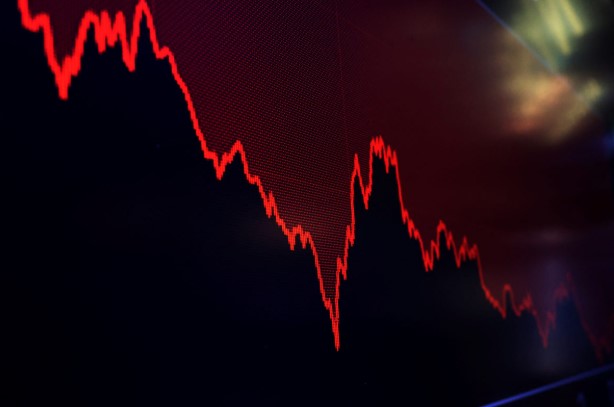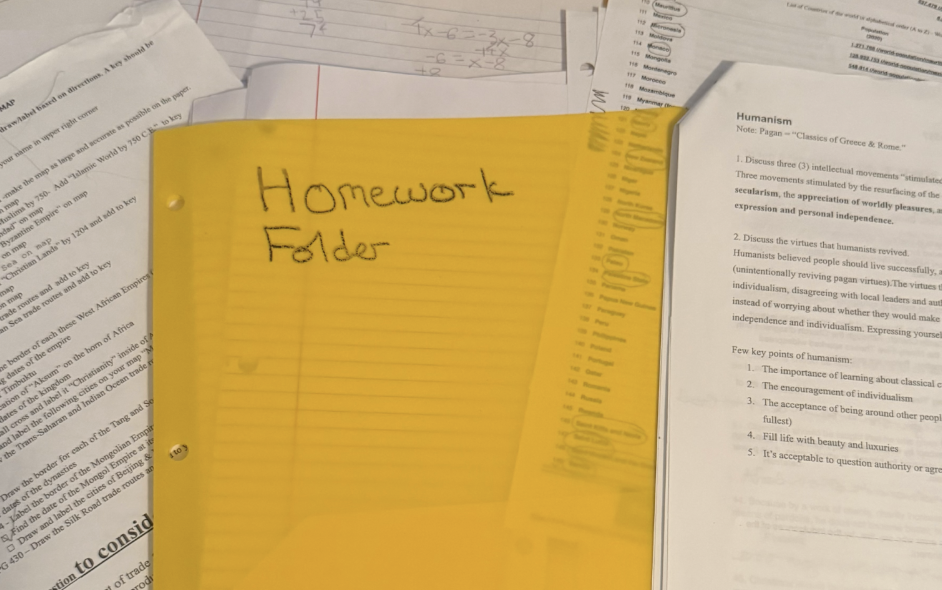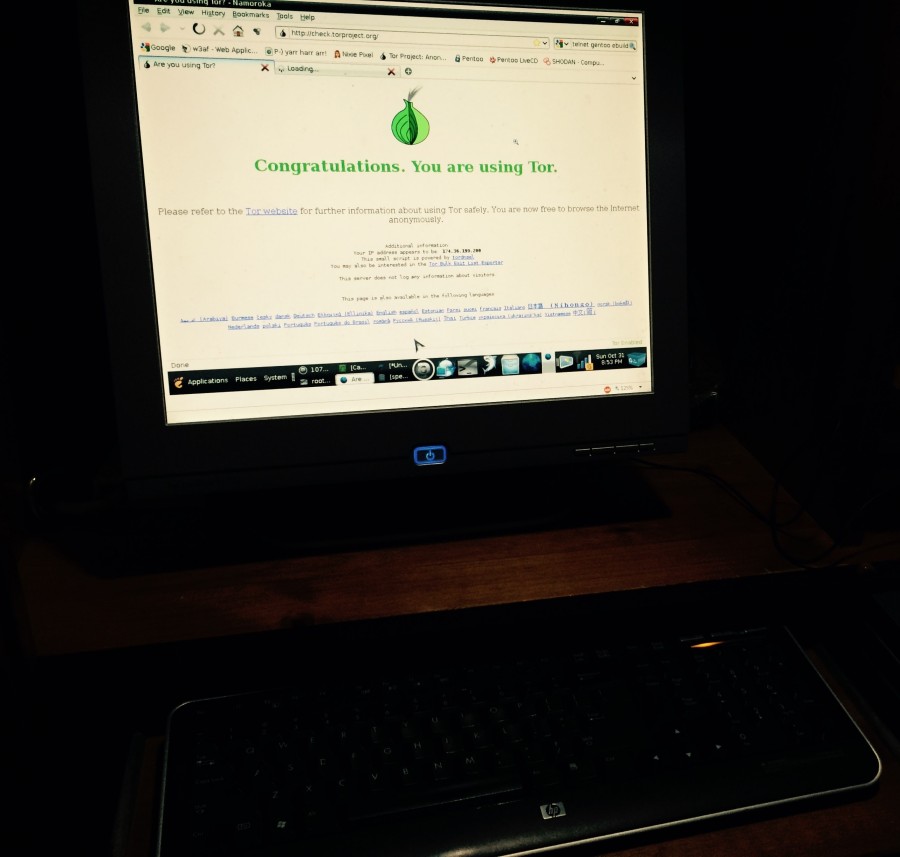Beyond the Browser: The Deep Web
A deep web site.
January 31, 2016
Google, Yahoo, and even Bing all turn up millions of results when just a simple phrase is searched. However, despite the appearance of knowing all, these search engines reveal only about 4% of the known internet. The other 96% lies hidden or restricted to the average user. This whole other world is called “the deep web.”
What makes up the deep web? Nearly everything. The majority of the deep web data is taken up by massive databases. The largest of these include NOAA, NASA and the Patent and Trademark Office. All of which may be accessed by the public, through special software or computers. Private databases also control extremely large amounts of data. For instance, your bank account information is included in the deep web, but (hopefully) not everyone can access it.
However, the deep web also hides a much darker secret than mundane data. Through certain software, one may access a collection of websites hidden from public view. These websites contain sensitive material such as, leaked government documents, assassination services, and the black market. Most notable is the site known as the “Silk Road”. The site contains postings of drugs, military grade weapons, explosives, stolen credit cards, and a variety of other illegal objects. All the sites use the currency Bitcoin, as governments have trouble tracing the online transactions. These websites that hide their IPs are often called the “Dark Web”, hence the dark intentions of the websites.
How does one actually enter the Deep web? Well most likely you enter it all the time without even knowing. Any time you enter a password and jump onto a new page, you access part of the deep web. However, the Dark Web and their services are a bit harder to access. Without going into too much detail, the simple answer is Tor. Deep Web users download the deep search engine Tor which allows them access to the regions of the internet Google and Yahoo just can’t turn up. Tor will also scramble your location, so governments will have more difficulty tracking you. Some users take even more precautions by using extra proxies and even putting tape over their webcams. If you ever do decide to go on the deep web, do so with extreme caution, as potential threats lurk in every link. YouTube provides a safer region to learn more about the deep web, through posted stories and firsthand accounts.
At Hingham High, a significant amount of the student body had heard of the Deep Web, and a surprising amount had also heard some of the stories from it. Sophomore Dylan Davis read that, “The deep web is often used by governments and people smuggling black market items, but it’s much more difficult to monitor people.” He went on to say, “It’s pretty cool, I might [go on] if I knew how.”
Once again, the utmost caution should be used on any Deep Web endeavors. Whether you seek twisted thrills or endless pages of research and databanks, the Deep Web is just the place for you. Yet for the rest of us, the surface web of Facebook and Buzzfeed should be just fine.



































Ayy lmao • Feb 14, 2016 at 2:31 pm
Tor isn’t a “deep Web browser” it’s a routing engine that obfuscates your IP. Also, governments are easily able to track people in the deep/dark web. Don’t ever go on it.
Brendan Chase • Feb 15, 2016 at 1:17 pm
Actually, Tor is used to access sites on the deep web, thus fulfilling Merian Webster’s definition of a browser “: a computer program that is used to find and look at information on the Internet”. As to your other comment about government tracking, they may have the capabilities to, but sense the USA Freedom act, many of these tracking measures require a specific warrant. In addition, any overseas activities (unless it directly threatens national security) lacks United States jurisdiction.
Will Sutton • Feb 4, 2016 at 9:53 am
I just wanted to point out that the Silk Road and Silk Road 2.0 have been shut down by the FBI.
Brendan Chase • Feb 8, 2016 at 10:26 pm
Yes while that is true, other variations following the same concept, still exist today